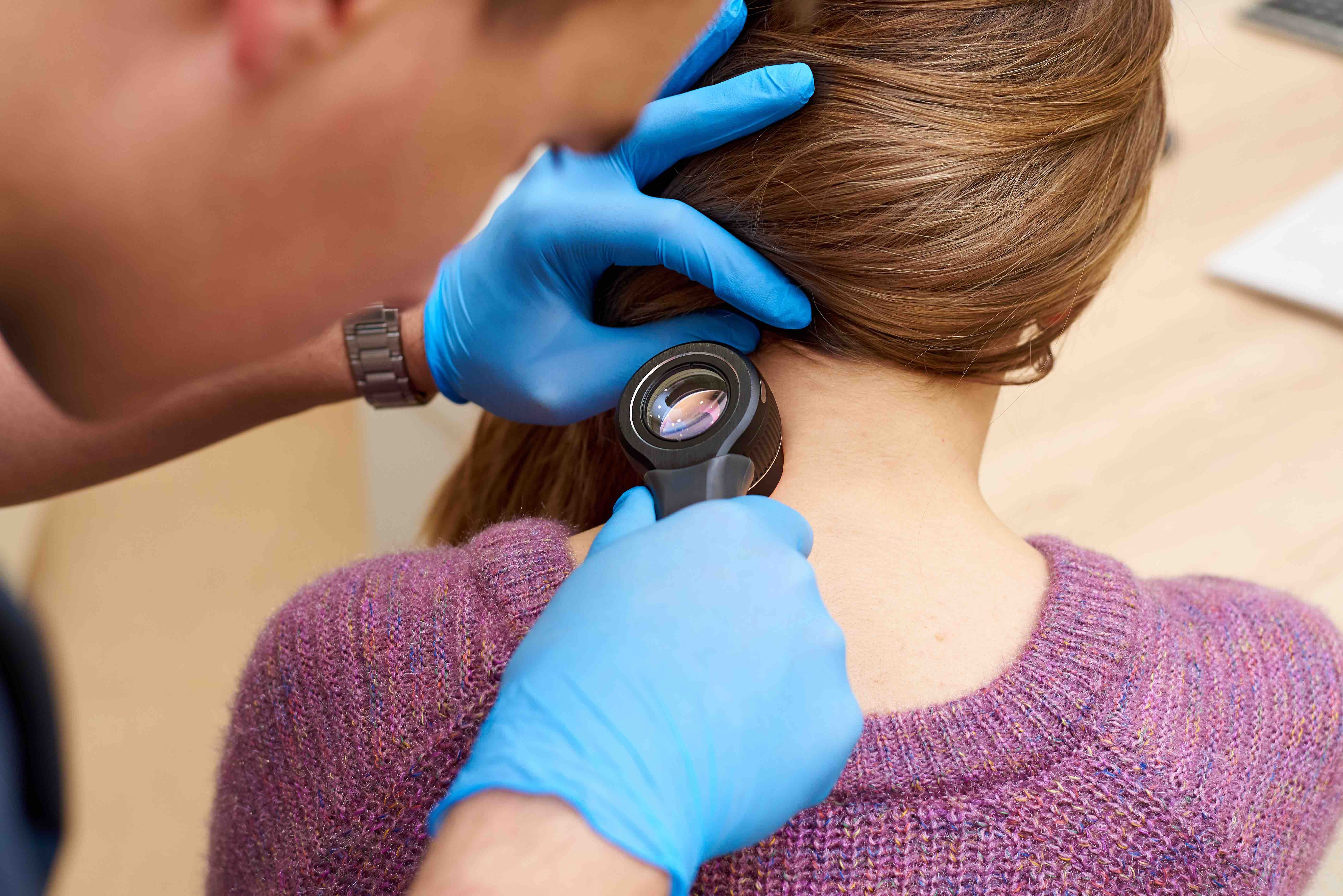Video
Dr Ginah Nightingale: Challenges of Treating Seniors With Cancer With Combination Therapies
When seniors with cancer are being treated with combination therapies, providers need to keep in mind more than just the complex regimens they’re administering, said Ginah Nightingale, PharmD, associate professor of pharmacy practice at Jefferson College of Pharmacy.
When seniors with cancer are being treated with combination therapies, providers need to keep in mind more than just the complex regimens they’re administering, said Ginah Nightingale, PharmD, associate professor of pharmacy practice at Jefferson College of Pharmacy.
Transcript
What are the special challenges for seniors with cancer being treated with combination therapies?
Well, I think some of the challenges are to be able to understand these complex regimens, because I think sometimes when we think of cancer therapies, we think of just the cancer therapies. It’s not really just the cancer therapies, it’s also the supportive care therapies that are added to these combination therapies, taking into account antiemetics, taking into account pain medication, taking into account antibiotics that could be used to prevent infections.
So, it can actually be quite a number of volume of medications that can be added to their existing number of medications depending on if they have diabetes, hypertension, dyslipidemia. It’s very important to make sure that the patient is actually able to manage other medications at baseline before we add combination chemo therapy and then all of the supportive care therapies that get added to that mix.
What steps do you take to coordinate care between the oncologist and the primary care physician?
So, I think that’s an excellent question. I think that that is an area where there is sparse literature in terms of improving fragmented coordination of care. I think that’s an area that actually requires a bit of attention, because there really is not a gold standard in terms of how to have shared decision making between the oncologist, the primary care physician and then the allied health professionals.
So, I think that is an area that does require a bit of research to determine not only communication, but to be able to determine how we can have shared ownership in terms of managing the patient. I think there is a growing need for research in that area.




